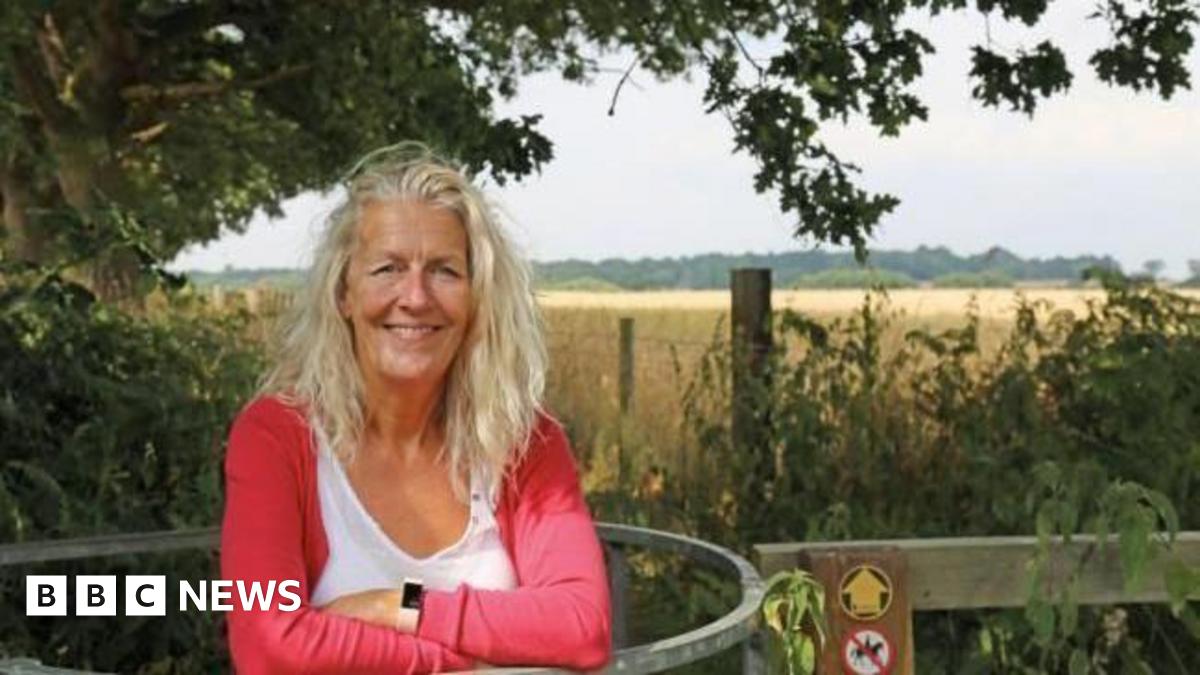A leading road safety expert has analysed the effectiveness of a nationwide 20mph speed limit and how it would boost awareness on streets, with many local authorities looking to introduce the lower limits.
Labour’s new Transport Secretary Louise Haigh said she would let councils and local authorities decide on the future of new 20mph speed limits and Low Traffic Neighbourhoods, rather than the Government making blanket rules.
Following the controversial rollout of the lower speeds in Wales, road safety experts have continued to support the measures, arguing for a targeted approach to roll out the limits.
Rod King MBE, founder and Chair of 20’s Plenty, pointed out the benefits of 20mph speed limits, as well as the progression being made around the UK to embrace slower speeds.
Do you have a story you’d like to share? Get in touch by emailing[email protected]
The Welsh Government introduced 20mph speed limits as the default last September
PA
Speaking to GB News, he suggested that a 20mph speed limit should be used anywhere in built-up areas where motors, and people walking and cycling mix.
He noted that an exception should be made where a higher speed limit is “evidentially safe” as a result of segregated provisions and crossings, as decided by local authorities.
The road safety expert added: “A 20mph limit as a norm for built-up areas with exceptions determined by local authority would work well. Already 63 local authorities in England have 20mph for most urban/village roads.
“Wales already has the policy and Scotland is setting 20mph as a norm for most urban/village roads. I guess it’s more of a ‘targeted 30’ policy!”
King also pointed to Cornwall’s strategy to reduce death and serious injury by 50 per cent on their roads by 2030, with 20mph limits supporting this.
The county is one of the first rural areas to reduce speed limits from 30mph to 20mph on residential roads and in built-up areas to make streets safer for all who use them.
Cornwall Council’s slogan of “life’s better at 20mph” aims to promote slower speeds to motorists, as well as show the benefits of active travel methods.
A pilot trial was rolled out in Camelford, Falmouth and Penryn in 2022 which was successful, prompting a countywide programme to be introduced.
Road safety data shows that if a pedestrian is struck at 20mph, they have a 90 per cent chance of survival, compared to just a 50 per cent chance if they are struck by a vehicle travelling at 30mph.
With the tide turning around the UK, industry experts will be hoping that individual nations will make changes to roll out 20mph speed limits. The Department for Infrastructure in Northern Ireland has the power to do this, since it is a single Highway Authority.
King noted that Wales was in a different position compared to other home nations because the last Government gave it the power to set national limits.
Since there were no city or town-wide limits, King suggested that a default speed limit change with exceptions would have been a better way to implement the rules.
LATEST DEVELOPMENTS:
Louise Haigh said local authorities would be able to decide whether 20mph speed limits are introduced
PA
Drivers in Wales were furious with the blanket speed limit changes, with one petition receiving almost 470,000 signatures – the most ever in Senedd website history.
The Welsh Government said it was “pressing ahead with refining the policy” which will see local authorities given more autonomy as to where the limits are installed.












